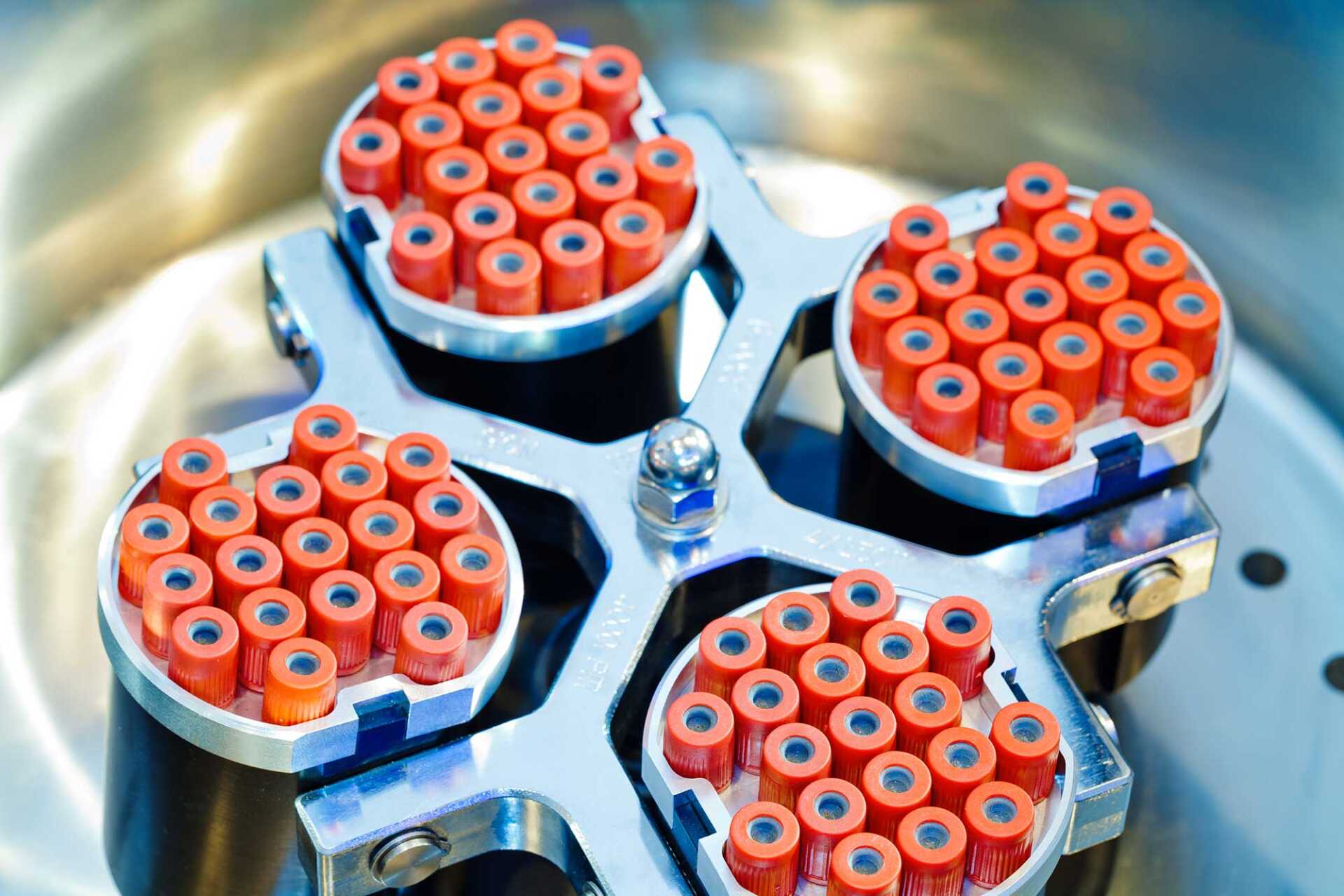Teaching and assessment
Assessment is by coursework and the research project.
Programme aims
For course aims and learning outcomes please see the course specification.
Study support
Postgraduate resources
The School is well equipped, with excellent general research laboratories, together with a range of specialised research resources including facilities for growing micro-organisms of all kinds, extensive laboratories for animal cell culture and monoclonal antibody production and an imaging suite providing high-resolution laser confocal and electron microscopy. Additionally, the macromolecular analysis facility provides resources for protein and mass spectrometry, CD and fluorescence spectroscopy, surface plasmon resonance, and HPLC and FPLC systems for all aspects of biochemical and microbiological research. Notably, the School has a new state-of-the-art Bruker Avance III four-channel 600 MHz NMR spectrometer equipped with a QCI cryoprobe. Our NMR spectrometer was upgraded to this status via an equipment research award from the Wellcome Trust.
Support
All research students are supervised closely and are regularly monitored online using the University progression and monitoring system. All postgraduate students have access to electronic and other resources providing information regarding technical issues relevant to their degrees, as well as subject-specific and transferable skills training. All research students are allocated a Postgraduate Supervisory Team, consisting of one or more day-to-day supervisors, and one or more members not involved in day-to-day supervision whose task it is to serve as independent monitors of progress.
Students on taught programmes are assigned a personal academic tutor to provide additional support in their postgraduate study. Throughout the course, you are fully embedded in the research culture of the School by attending research seminars and careers guidance sessions, and also participating in our vibrant outreach programme within the local community. In addition to taught modules, an in-depth research project takes place during the summer under the guidance of members of academic staff. These projects benefit from our outstanding research environment and first-class facilities.
An active school
Every week, Biosciences runs school seminars where external guest speakers or staff, talk about recent research. In addition, the department runs FIREBio (Forum for Innovation, Research and Enterprise in Biosciences), which is a weekly informal meeting for staff, postdocs and postgraduates involving short presentations and discussions. Postgraduates can use the opportunity to present unpublished research findings and discuss them in a supportive environment.
Worldwide partnerships
Staff in the School of Biosciences not only collaborate extensively with other universities in the UK (Cambridge, Cardiff, King’s College London, University College London, Newcastle, Oxford, Sussex, York, Manchester, Durham and Sheffield), but also have a wide-ranging network across the world with institutes including: the Boston Biomedical Research Institute; University of Hanover; Monash University Melbourne; Harvard; University of California, Davis; Université Claude Bernard – Lyon 1; Goethe-Universität Frankfurt; University of Queensland, Australia; University of Utah; Texas A&M University; and Braunschweig University of Technology. We also collaborate with organisations such as the Marie Curie Research Institute, Cancer Research UK, National Institute for Medical Research, MRC London, GlaxoSmithKline and the European Union Framework 5 CYTONET.
The School currently receives funding from: BBSRC; Biochemical Society; British Heart Foundation; E B Charitable Hutchinson Trust; the EC; EPSRC; Kent Cancer Trust;The Leverhulme Trust; National Institutes of Health (USA); Nuffield Foundation; Royal Society; Wellcome Trust. It also receives funding on specific projects from a number of industrial organisations and collaborators.
Dynamic publishing culture
Staff publish regularly and widely in journals, conference proceedings and books. Among others, they have recently contributed to: Nature Chemical Biology; Journal of Biological Chemistry; Cell; Molecular Cell; Proceedings of the National Academy of Sciences USA; PLOS One; and Journal of Cell Science.

